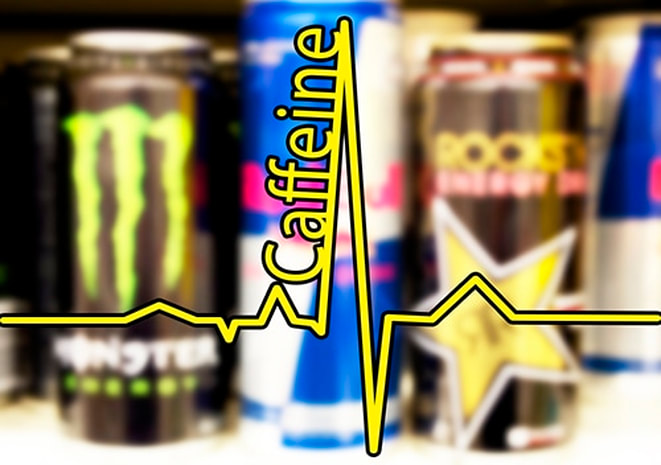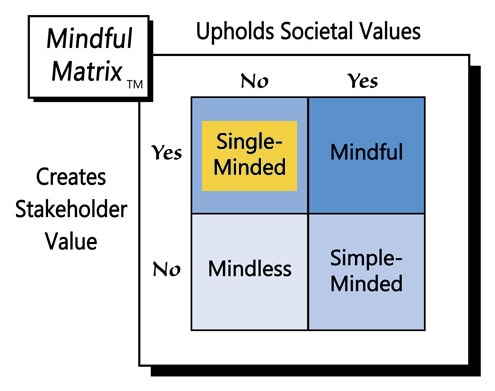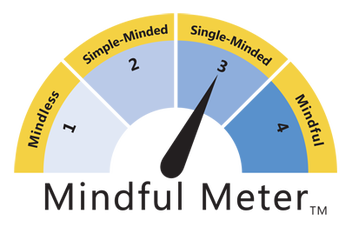Davis Allen Cripe was a 16-year-old student at Spring Hill High School in South Carolina, who was described as a great son and a passionate person who loved music. He also had no known health problems. On April 26, Davis drank a McDonald’s café latte, a large diet Mountain Dew, and an energy drink within a two-hour timeframe. Soon after, he collapsed in a classroom.
Sean Cripe, Davis’s father, blamed the energy drink for his son’s death:
"Like all parents, we worry about our kids as they grow up. We worry about their safety, their health, especially once they start driving. But it wasn't a car crash that took his life. Instead, it was an energy drink."
It’s understandable for Davis’s father to be heart-broken over his son’s terrible and untimely death. It’s also reasonable for him to want to lay blame for his son’s senseless passing. However, is Sean Cripe justified in levying that level of responsibility squarely on the energy drink maker, particularly given that his son drank two other caffeinated drinks in a relatively short period of time?
Energy drinks in the U.S. represent a multibillion dollar market that is expected to hit $61 billion in sales by 2020. According to 2015 revenue reports, the leading players are Red Bull ($4.55 billion), Monster ($3.69 billion), and Rockstar ($820 million).
Among the reasons so many people purchase energy drinks are that they provide fast caffeine delivery, they come in a variety of flavors, they’re cold, refreshing, and convenient (they don’t need to be heated, like coffee), and they come in zero-calorie options. The previous stats and these benefits suggest that millions of people enjoy energy drinks with little or no ill effect, but that’s not the whole story.
According to the Mayo Clinic, most healthy adults can consume up to 400 milligrams of caffeine a day: the equivalent of 10 cans of cola, four cups of brewed coffee, or two “energy shot” drinks. By comparison, a 1.6 oz. Hershey’s Milk Chocolate Bar contains just 9 mg of caffeine, and a 12 oz. Mountain Dew has 55 mg. Several of the energy drinks with the highest caffeine content come close to the 400 mg limit, for example:
- Rage Inferno – (24 oz.) 375 mg of caffeine
- Spike Energy Drink – (16 oz.) 350 mg of caffeine
- Wired X344 Energy Drink – (16 oz.) 344 mg of caffeine
Consuming too much caffeine can result in side effects like migraines, insomnia, nervousness, irritability, muscle tremors, and fast heartbeat. Caffeine overconsumption also can lead to stroke, cardiac arrest, and death. According to the coroner who examined Davis Cripe, he died from “a caffeine-induced lethal cardiac arrhythmia.”
But, maybe Davis’s death was an anomaly. Are there really that many others who suffer serious consequences from energy drinks? Unfortunately, the answer is ‘yes.’ In 2016, “there were more than 20,000 emergency room visits attributable to the ingestion of energy drinks,” which represented a doubling of the number of reported cases over the last decade. In other words, the problem is increasing.
What makes matters worse is that young people disproportionately endure the negative impact, partly because energy drink makers often target younger demographics, as evidenced by the use of neon colors, sensational names (Rockstar, Full Throttle), and edgy promotion (“Red Bull Gives You Wings”).
It’s estimated that 30 to 50 percent of children, adolescents, and young adults consume energy drinks and that “almost one-third of teens between 12 and 17 years drink them regularly.” They are “the most popular dietary supplement consumed by American teens and young adults” next to multivitamins.
Of course, young people are physically and developmentally different than fully-grown adults, meaning added risks from consuming energy drinks, which have no nutritional value and are high in calories and sugar. In fact, “the World Health Organization has stated that energy drinks ‘may pose a danger to public health,’ and the American Academy of Pediatrics has recommended that ‘children should not consume’ these drinks.'”
Unfortunately, the Food and Drug Administration (FDA) does not regulate or even evaluate the safety of energy drinks because most manufacturers don’t label them as food but rather as dietary supplements, sidestepping the agency’s scrutiny. It’s shocking to realize that for these reasons there are no health warnings, and “energy drink companies don’t even have to reveal how much caffeine each drink can contains.”
What’s worse, energy drink makers often position their products alongside exercise and other physically demanding activities, which is especially enticing to active and competitive young people. In reality, energy drinks and exercise don’t mix, as the highly-caffeinated beverages have a diuretic effect that causes dehydration. Even worse, energy drinks’ have a propensity to increase one’s heart rate and blood pressure at the same time that high caffeine levels “may reduce arteries’ ability to increase the blood flow necessary to bring more oxygen and nutrients to the heart.” Teaming such outcomes with exercise can be fatal.
Another potentially lethal energy drink additive is alcohol, which, of course, impairs judgment. Diminished sobriety is always dangerous, but that risk is magnified when an intoxicated person also feels an extra rush of adrenalin. A lack of life experience may make the energy drink/alcohol combination an even more volatile cocktail for young people, thereby putting themselves and others at risk.
Although extremely high, the caffeine content of energy drinks is not always the highest among commonly consumed beverages. For instance, several Starbucks’ coffees contain over 300 mg of caffeine, and one specific brew is especially egregious: A Starbucks Blonde Roast, venti (20 oz.), has a whopping 475 mg of caffeine.
So, energy drinks aren’t the only offenders, but a major difference, again, is that their makers often target young people and position the drinks as complements to strenuous physical activity, without offering adequate warning of the potential risks.
Davis’s dad is justified, therefore, in implicating an energy drink in his son untimely passing. Optimistically, energy drink makers will do some serious soul-searching related to their roles in such tragedies. More realistically, regulatory agencies need to intervene and exert their influence on this very serious “Single-Minded Marketing.”
Learn more about the Mindful Matrix and Mindful Meter.
Check out Mindful Marketing Ads and Vote your Mind!




 RSS Feed
RSS Feed